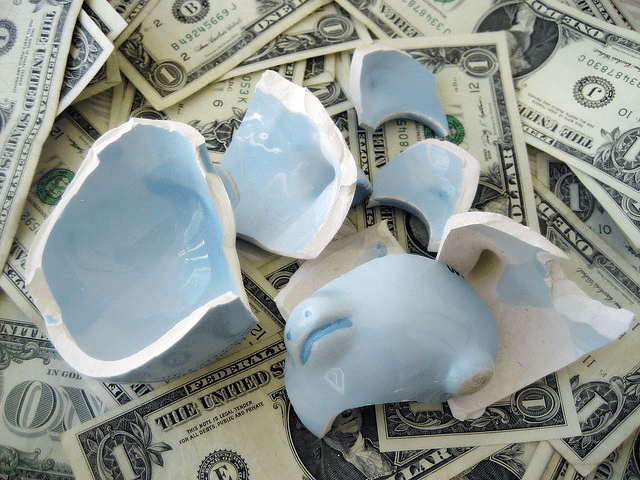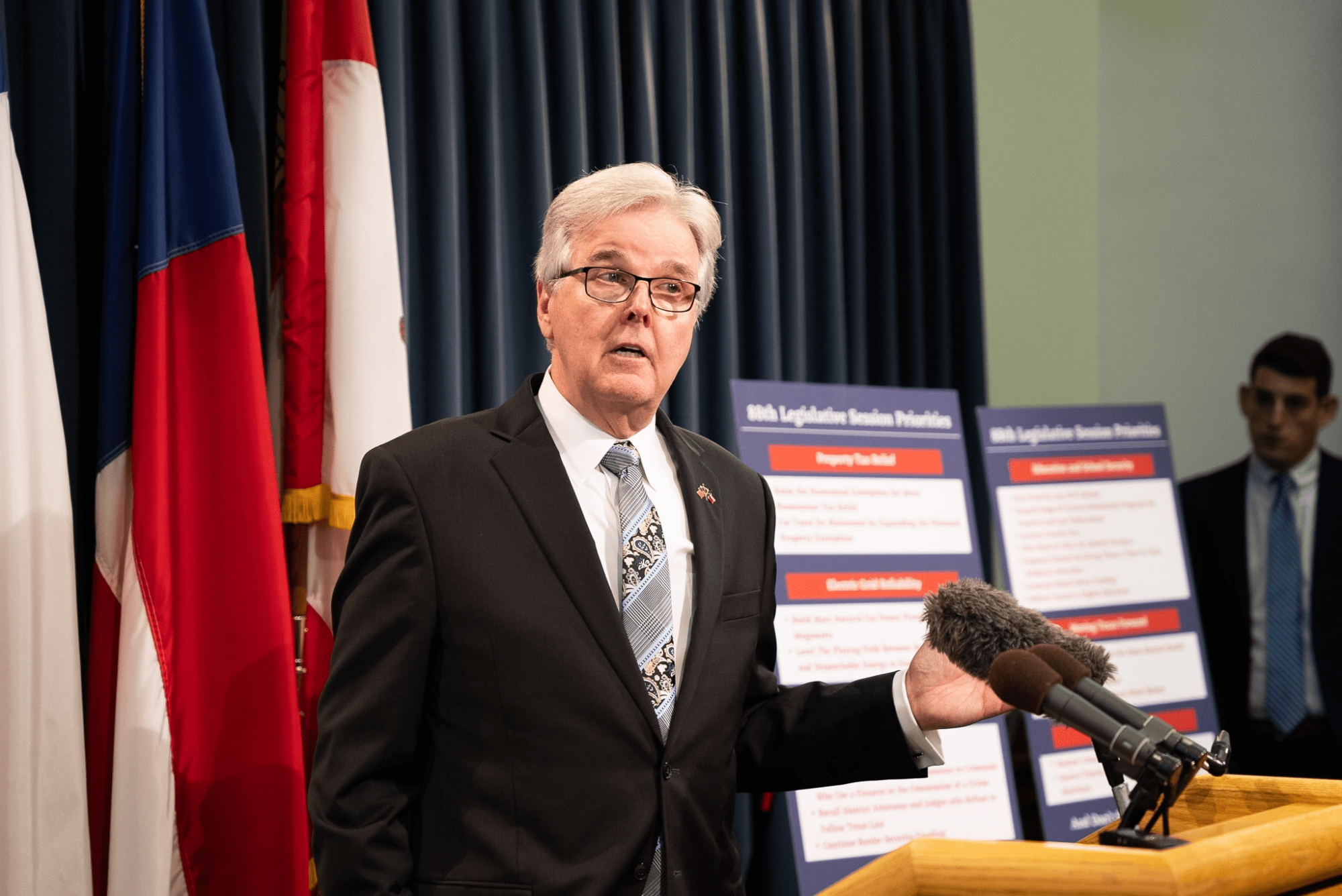As prices for gasoline, food, and other commodities continue to rise across the United States, Americans face increasing financial strain from inflation.
This week, the U.S. Bureau of Labor Statistics released the Consumer Price Index (CPI) for March 2022. That month, inflation rates leaped to 8.5 percent and brought inflation to its highest point in 40 years.
The CPI, often used to monitor inflation, measures how the prices of certain consumer goods change over time. In their recently released analysis of the inflation crisis, Texans for Fiscal Responsibility (TFR) explained their view of the CPI.
It has been a metric for measuring inflation for years but does not always paint a perfectly accurate picture of overall inflation. However, it does provide a closer look at how particular sectors are doing from an inflationary standpoint. It can have explanatory power for why your bills continue to go up, especially on important reoccurring items in your household budget.
Additionally, the CPI analyzes price changes in individual commodities, like food and grocery items. Over the past year, the CPI recorded an 8.8 percent increase in food prices across the United States. TFR highlighted how these prices could continue to rise in the coming months.
“Most taxpayers have probably noticed that food and grocery prices have gone up quite a bit in the last year,” wrote TFR. “Food prices are expected to continue to rise to historic levels for a number of different reasons in the near future, due to things like supply chain issues, the increased price of fertilizer, and general shortages due to terrible policymaking in response to COVID-19 by various echelons of government.”
The report also shows that the price of used cars and trucks increased by 38 percent over the last year, putting further financial strain on Americans already dealing with skyrocketing gas prices.
Since President Joe Biden took office this January, gas prices have almost doubled, from an average of $2.10 to $4.01 in just four months. TFR pointed to the United States’ current dependence on foreign oil as one of the factors in this dramatic increase. The group also called for less government intervention and unnecessary business regulations.
The government needs to get out of the way. Regulation slows production and economic growth. Yet seemingly, the worse things get, the harder the government seems to want to clamp down, focusing more on environmental and “woke” extremism rather than helping everyday Americans that are barely making it day to day.
As Texans struggle under skyrocketing inflation rates, some are calling on Gov. Greg Abbott to take action and call another special session of the Legislature where lawmakers could directly address inflation and rising gas prices.
Although Abbott called three special sessions last year, lawmakers ignored many top GOP priorities. TFR pointed to these forgotten priorities and predicts Abbott will not order another special session until the 2023 legislative season.
These issues include eliminating property taxes, banning taxpayer-funded lobbying, prohibiting gender modification on children, and recent issues brought into the spotlight by the grassroots Texans relating to a demand of “anti-grooming” legislation like that passed in Florida. So far, it does not appear as though Abbott will be calling a special session to assist Texans, so taxpayers will simply have to wait and ride out the storm until next year.





